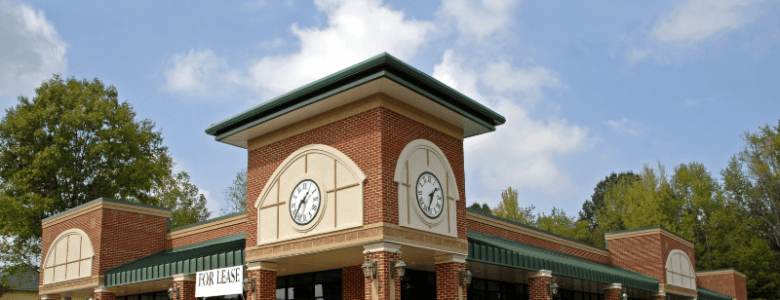California’s Proposition 15: Should You Vote Yes or No?

The repercussions could make a big difference for the state’s businesses and residents.
What a wild year it’s been. COVID-19, wildfires, and political kerfuffles were just the start. Now, with election day fast approaching, we have a lot to consider—not the least of which is your choice for the next president of the United States. In California, we have 12 propositions on our ballot, and one—Proposition 15—threatens to rollback a 42-year-old California Constitutional amendment.
Exploring Proposition 15
At its essence, Proposition 15 will impose steep property taxes on business, which will, in turn, raise billions of dollars for schools and local governments. On the surface, that sounds like a great payoff. After all, businesses make lots of money, right? What’s the negative of taxing them more?
If California’s Proposition 15 passes, though, it will be one of the biggest tax hikes in the state’s history. More than that, if voters choose to push the measure through, it will change property tax laws that have been in place since 1978. That’s because Proposition 15 is closely related to Proposition 13, “which established the concepts of a base year value for property tax assessments and limitations on the tax rate and assessment increase for real property.”
Because of those limitations established 42 years ago, business owners pay property taxes based on the original price they paid for the property (plus inflation adjustments), which especially here in California, is usually a lot less than its current value. By passing this legislation, property taxes for many businesses will skyrocket.
Estimates are that a “yes” vote on Proposition 15 will result in $6.5 to $11.5 billion (yes, with a B) to be split between municipalities and schools, with schools appearing to be last in line.
Only businesses would be directly affected by the change. Homeowners will not see an increase in property tax, and agricultural property will be unaffected.
The Tie to Proposition 13
California is often a leader in national policy, and Prop. 13 was no exception. Since its passing, other states have taken steps to limit how quickly property values can be reassessed. Currently, commercial and industrial property tax is based on the original purchase price with annual increases capped at 2% or equal to the rate of inflation, whichever is lower.
If Proposition 15 were to pass, it would essentially reverse Proposition 13.
Why a Yes Vote on Prop. 15 Is a Bad Thing
While there is no indication that residential property taxes would be affected, even if Proposition 15 were to pass, that doesn’t mean that many residents of California won’t feel the brunt of such a new law, should it take effect.
Consider that, if businesses have to pay higher taxes, they need to make up that loss elsewhere (most leases pass the property tax burden to the tenant). That means price increases for products and services statewide, cut employee hours, or even layoffs. Some businesses will close or leave California.
In addition to real estate taxes, Prop 15 also increases the taxes on business non-real property, equipment, machinery, improvements and more.
While a yes vote on Proposition 15 would be a detriment to the state’s economy at any time, it could be especially devastating in 2020, when we are already in one of the worst economic situations we’ve seen in generations. Californians simply can’t afford to weather this kind of sweeping increase in commercial property taxes.
What Should I Do Now?
You need to have a knowledgeable estate planning attorney on your team so you can make wise choices about your money—now and after you’re gone. The Law Offices of Joel A Harris are more than prepared to provide you with legal counsel pertaining to your planning, execution, or, and any other legal concerns or questions you may have. The Law Offices of Joel A Harris, located in Concord, Walnut Creek, and Antioch are available to help you to the best of their abilities. Joel Harris is an attorney with over 25 years of experience and is extremely familiar with this process. If you are not sure how to begin, or you just want a few questions answered, feel free to visit us online, in person or call us by phone at (925) 757-4605.





